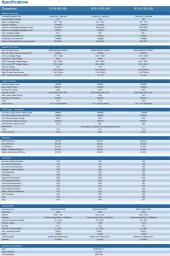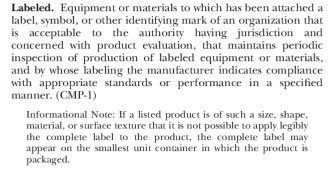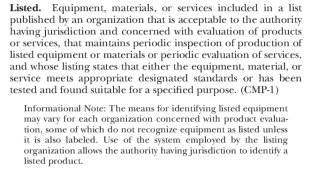carsantini
New Member
- Joined
- Apr 30, 2022
- Messages
- 89
Who sells Huayu HYH-10K-NA inverter in the USA?
this is the message I got recently from Huayu
- Huayu Hybrid Inverter (For Home Owner)
HYH-10K-NA USD 3,350.00
- Monitoring Data Logger (For Energy Storage)
HY-SDL USD 30.00
$650.00 shipping and handling
Compared with most of hybrid inverters in the market, Huayu hybrid inverter is featured with:
1) AC input relay 200A
2) Max. DC input current 15A
3) Max. charging/discharging current 250A
4) Zero exporting function with 200ms fast reaction
5) 3 MPPT (max. 12000W+7000W+7000W per branch)
6) Compatible with lithium-ion battery and lead-acid battery
7) Max. parallel connection up to 10 units for system expansion
8) Capable for battery charging from diesel generator & grid other than PV array
9) Real rated AC output power 10/12kW
10) 10 years of standard warranty
Huayu hybrid inverters can be connected to these batteries Pylon, Dyness, Meritsun, Shoto, UZ Energy.
this is the message I got recently from Huayu
- Huayu Hybrid Inverter (For Home Owner)
HYH-10K-NA USD 3,350.00
- Monitoring Data Logger (For Energy Storage)
HY-SDL USD 30.00
$650.00 shipping and handling
Compared with most of hybrid inverters in the market, Huayu hybrid inverter is featured with:
1) AC input relay 200A
2) Max. DC input current 15A
3) Max. charging/discharging current 250A
4) Zero exporting function with 200ms fast reaction
5) 3 MPPT (max. 12000W+7000W+7000W per branch)
6) Compatible with lithium-ion battery and lead-acid battery
7) Max. parallel connection up to 10 units for system expansion
8) Capable for battery charging from diesel generator & grid other than PV array
9) Real rated AC output power 10/12kW
10) 10 years of standard warranty
Huayu hybrid inverters can be connected to these batteries Pylon, Dyness, Meritsun, Shoto, UZ Energy.
Attachments
Last edited:







